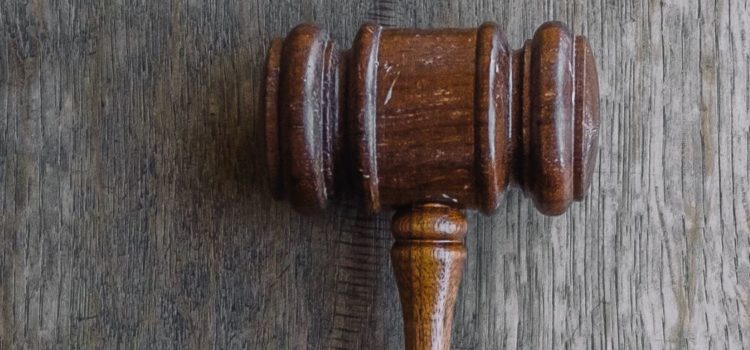

This article is an excerpt from the Shortform summary of "Permanent Record" by Edward Snowden. Shortform has the world's best summaries of books you should be reading.
Like this article? Sign up for a free trial here .
Did Edward Snowden break the law when he used intelligence technology for unofficial purposes? Did Edward Snowden break the law when he took files out of the NSA? Did Edward Snowden break the law when he leaked documents to journalists?
Edward Snowden broke US laws and was charged with a political crime. However, because he went to a non-extraditing country and got asylum, he is not in jail.
Read more about Edward Snowden’s actions and their legal implications.
Differences Between Leaking and Whistleblowing
Did Edward Snowden break the law with his whistleblowing strategy and leaking of NSA documents? Ed thinks leaking and whistleblowing are different. Leaking is releasing information for your own gain, while whistleblowing is releasing information for the good of the public. The intelligence community sometimes leaks their own information, which is often poorly thought out. For example, to announce the death of US citizen Anwar al-Aulaqi, the CIA had to admit their top secret drone program and kill list existed. The government tends to be okay with leaks when they benefit them. They ignore leaks that caused problems.
In the digital edge, the most effective whistleblowers come from lower down in the organization, the people who aren’t as inclined to maintain the status quo and who haven’t been with the intelligence community so long that they’re cynics.
Did Edward Snowden Break the Law by Taking Documents?
Access wasn’t a problem. Heartbeat allowed Ed to collect any information he wanted, and while the NSA would log that Ed had read files, he was the manager of Heartbeat, so no one would find this suspicious.
Ed decided to transfer the files to micro and mini SD cards. He switched to the night shift so he could transfer files off the computers to the cards. Then, Ed would smuggle the cards out of the building inside a Rubik’s Cube, in his sock, in his cheek (so he could swallow them if he needed to), and finally in his pocket when he got more confident.
Interestingly, the law doesn’t care if you share classified information with your enemies or the press, or why you do so. The punishment is the same. The only distinction Ed ever encountered was in his Indoc to the intelligence community, when he was told that selling enemies secrets is slightly better than sharing them with the press because at least the enemy won’t tell the public.
What About Leaking Documents?
Ed knew that coming forward would have consequences including:
- Legal charges. Ed had shared top secret information with the media, which was illegal. Ed was charged with political crime—crime against the state instead of against a person—under the Espionage Act on June 14.
- Extradition. Ed should have been exempt from extradition because he was charged with political crime. (Often, those charged with “political crime” haven’t actually committed crimes; the charge is simply a way for an authoritarian government to control dissent.) However, the US government requested his extradition on June 21, expecting that Hong Kong, like most countries, wouldn’t dare to defy them.
So, did Edward Snowden break the law? Technically, yes. But Snowden currently receives asylum in Russia, and has not been extradited to face legal charges.

———End of Preview———
Like what you just read? Read the rest of the world's best summary of Edward Snowden's "Permanent Record" at Shortform .
Here's what you'll find in our full Permanent Record summary :
- What Ed Snowden discovered that caused him to completely lose faith in the government
- How Snowden led the bombshell reports of US mass surveillance
- How Snowden is coping with his treatment as both patriot and traitor






